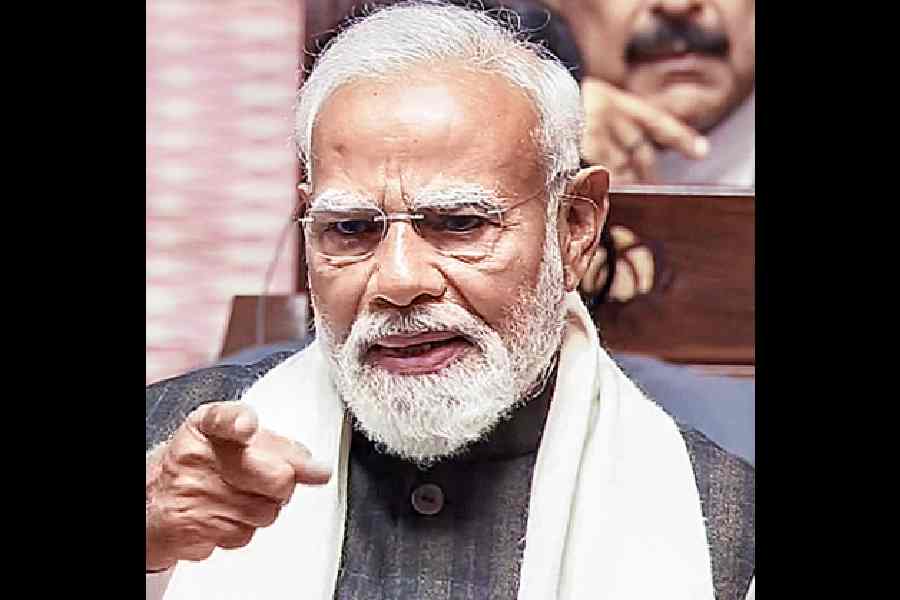The realisation that poor people miss out on several government schemes for “sheer lack of awareness” has prompted a group of social activists belonging to diverse professions, who are led by a professor at a university in Canada, to launch a web portal and mobile application to help them avail themselves of the same.
The group consisting of teachers, government employees, authors, journalists and social activists launched a Bengal-specific, web-based community information service to educate people about schemes commissioned by the central and state governments that they could be entitled to.
The group has developed a mobile application, titled “Sachetonata”, and a web site with the same name (https://sachetonata.org.in/) containing information about all social and welfare programmes, in particular the direct benefit transfer (DBT) schemes of the state and the central governments, and details on eligibility and application procedures.
People behind the Sachetonata initiative claimed that since no individual or organisation could be a substitute for welfare programmes of the governments, it was “important” to ensure that government-sponsored benefits found their way to the “targeted” people. “But the coveted
objective often fails for lack of awareness among people,” said a source in the organisation.
Sachetonata president and founder Kanchan Sarker is a professor of sociology at the University of British Columbia-Okanagan in Canada.
Asked about his motivation, the Krishnagar native said: “It is an effort to empower people with their rights through awareness. Lack of awareness caused helplessness. People in rural areas in particular suffer from such helplessness during crises and face exploitation. Our aim is to sensitise people to their rights.”
“Recently, we were shocked to know from a block development officer that relatives of snakebite victims or those who die from lightning strikes seldom appeal for compensation whereas the Bengal Government has a provision to pay Rs 5 lakh each to them within 24 hours. But people are not aware of the scheme and the funds largely remain unutilised,” Sarker said.
Members of Sachetonata claimed that they were “surprised” by the extent of lack of awareness when they went on a research campaign and distribution effort in the areas struck by Cyclone Amphan earlier this year.
The vice-president of Sachetonata, Basu Acharya, who is also an author and social activist, said: “Our experience during the post-Amphan period and the subsequent Covid-19 situation were instrumental in taking up this initiative. While delivering relief to people, we noticed that they are mostly not aware of the existing social welfare schemes. So, we discussed it with our friends and eventually decided to offer a voluntary initiative for them.”
“It is not an easy job and we know just a website or mobile application is not enough to bridge the gap, considering the barriers of communication, illiteracy and other factors,” Acharya added.
“Earlier, rural libraries used to work for the dissemination of government programmes. But such libraries are now defunct owing to the absence of staff. So, we have planned to rope in social organisations, NGOs, clubs and interested individuals who can bridge the gap and help poor people use the web site and mobile application. At the same time, we will also launch a physical drive of awareness across the state,” Acharya added.
Asked how to handle a programme that had the “potential” of “creating controversy from differing claims between central and state bodies, a member of the team said: “For obvious reasons, we will advise people to appeal for state-sponsored schemes.”
The Android-based bi-lingual mobile application will be made available on Google Play in English and Bengali and team members will offer voluntary interpretative services to people to explain “eligibility” in addition to conducting awareness programs on the ground.










